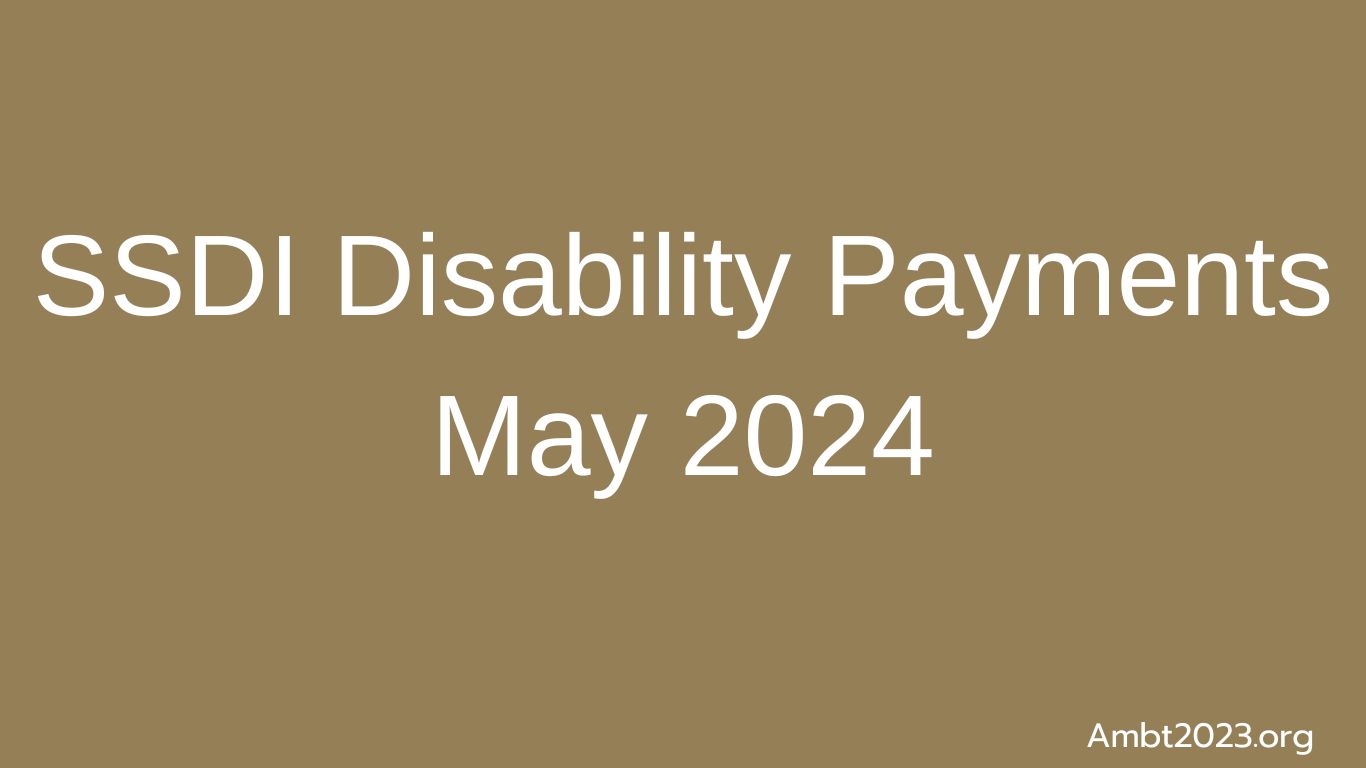Social Security Disability Insurance (SSDI) is a government program that offers financial support to individuals with disabilities in the United States. The Social Security Administration (SSA) states that those who are unable to work because of a disability that lasts a year or more usually receive these payments. Those who fulfill the requirements are given monthly payments.
In order to qualify for SSDI Disability Payments in May 2024, applicants must have accumulated sufficient credits and made prior contributions to the program.The basis for these credits is previous work experience.
SSDI Disability Payments May 2024 Eligibility
- Senior citizens in the United States who are 65 years of age or older.
- individuals and couples with less than $2000 and $3000 in resources, respectively.
- A list of medical illnesses that was created after consulting with medical professionals is used by the Social Security Administration (SSA). These ailments are thought to be severe enough to prevent a person from doing their duties at work.
- Based on their medical condition, this review stage establishes whether the person can resume any prior employment.

SSDI Disability Payments May 2024 Payment Date
On May 8th, beneficiaries with birth dates between May 1st and May 10th received their payout. On May 23, those who were born between May 21 and May 31 will get their deposit.
Your SSDI payment is due on the first of the month if you started receiving benefits before to May 1997 or if you also receive Supplemental Security Income (SSI). The Social Security Administration advises delaying visiting your local Social Security office for three mailing days if your payment isn’t received on the appointed day.
To make sure there are no issues on your bank’s end, it also suggests getting in touch with them first.
Will my SSDI change when I turn 62?
Even when you turn sixty-two, Social Security disability benefits will be paid at the same rate. When you are eligible for Social Security Retirement Insurance Benefits (SSRIB), however, Social Security starts to consider additional income sources, such as earnings and interest. This implies that if the quantity of money from other sources of income surpasses a specific threshold, your Social Security Disability benefits may be lowered.
